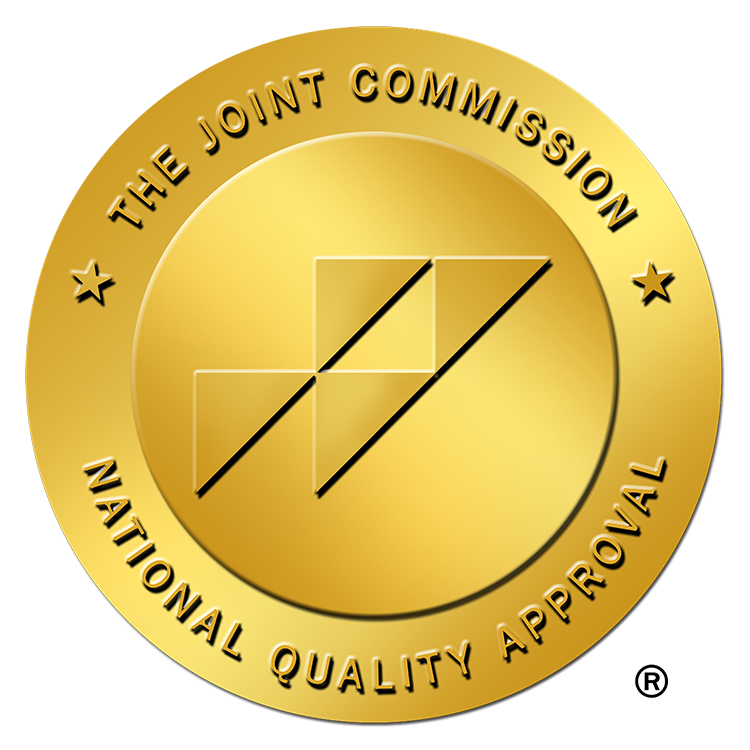If you’re a Board Certified Behavior Analyst (BCBA), you chose this field because you have an incredible passion for serving clients and their families. You are dedicated, driven, and committed to changing lives.
But let’s be honest: that same deep passion often comes with a constant desire to say “yes.” We take on one more client, answer one last email after dinner, or push through one more difficult supervision session because we feel a profound responsibility not to let anyone down.
Can you relate? I know I can.
This commitment, while noble, can quickly lead to a state of emotional, mental, and physical exhaustion—the dreaded burnout. In a field that requires so much giving and pouring, you cannot pour from an empty cup.
Here are the critical steps every BCBA can take to build a sustainable, healthy, and happy career.
Tip 1: Boundaries, Boundaries, Boundaries! (It’s Not Just a Buzzword)
Boundaries are not a sign of being uncommitted; they are the bedrock of a long and healthy career. This is the single most crucial tool you have to protect your energy and mental wellness.
1. Define Your Boundaries
Take time for self-reflection. Ask yourself:
- What is a hard “No”? (e.g., No clinical calls after 7 PM; No checking work email on weekends.)
- What are you okay with being flexible on? (e.g., I can shift my documentation time for a crisis call, but only if it’s before 7 PM.)
2. Be Transparent with Families
Being available means nothing if you’re too exhausted to provide quality care. Set collaborative boundaries with the families you serve:
“I want to be available to support you, and in an effort to do so, I’d like to set us up for success by letting you know when I’m most likely available and the best times/ways to reach me (phone, text, or email). This ensures we can work collaboratively on a solution to anything that arises without delay.”
This approach frames your boundary as a proactive measure designed to improve their service, not restrict it.
3. Communicate with Your Leader
Your direct leader needs to know your capacity and priorities to support you effectively. Verbalize your limits:
- Time Available: Clearly state your working hours and when you disconnect.
- Capacity Limits: Be honest about client acuity/risk level. (“I have too many high-risk evening clients to support them all equally without compromising quality.”)
- What Matters Most: Reaffirm your priority (e.g., “Maintaining my work/life balance is essential for me to stay in this field long-term.”)
4. Apply and Reinforce Your Boundaries
Setting them is one thing; upholding them is another. When a boundary is pushed:
- Respond Politely: “Thank you for reaching out! I’m currently disconnected for the evening. I will respond to this first thing tomorrow morning.” or “Catching up on all of my after hour messages this morning. I am so sorry that happened, I would love to hop on a call with you to discuss more. Can you let me know if you are available (provide time blocks)?”
- Redirect: Gently guide the communication to your established channel. “For time-sensitive issues, the best way to reach me during the day is via my work line. I’ll check my email again after our next session.”
- Reinforce: Use your ABA expertise! When a family successfully uses your preferred method of communication during appropriate times, make sure to verbally acknowledge and reinforce that behavior!
Tip 2: Be Intentional About Filling Your Cup
In a demanding field, your self-care time is not a luxury—it’s part of your professional requirement. You are a tool for change, and you need to keep that tool sharp.
- Schedule the “Non-Negotiables”: Whatever genuinely recharges you—hiking, reading, yoga, dinner with friends—put it on your calendar just like a supervision session.
- Master the Art of Disconnecting: This is where many BCBAs fail.
- Take Your PTO: And when you do, actually disconnect. Resist the urge to “just check in.” You are replaceable for a week; your health is not.
- Leverage Technology: Switch your work phone to “Do Not Disturb” or use a specific focus mode after hours. If you use a single phone, set up separate work profiles or apps that you can log out of.
- Be Present: When you are disconnected, be fully present with what and who fills you up—family, friends, or a solitary hobby.
Tip 3: Collaboration Is Not a Weakness—It’s Clinical Strength
The challenges you face—a challenging caseload, family dynamics, difficulty adjusting to new processes, or simple frustrations—are not yours to shoulder alone. Asking for help is okay. It doesn’t make you any less of a master clinician.
- Open Communication with Your Leader: Don’t wait until you’re already drowning. Regularly check in with your supervisor or direct leader about:
- The overall risk/challenge of your current caseload.
- Any overwhelming family dynamics or logistical hurdles.
- Frustrations with new processes or feeling stuck clinically.
- Ask for Specific Support: Your leader is there to help support you. This support can come in many forms:
- Clinical Collaboration: “I need to brainstorm a new intervention for this high intensity interfering behavior—can we dedicate an hour next week?”
- Operational Support: “I’m finding I don’t have enough overlap hours to fully support all my evening techs/clients; can we discuss staffing adjustments?”
- Offloading: Sometimes, it’s simply offloading additional administrative or non-essential work to help you focus on your highest priority clinical tasks.
By setting healthy boundaries, being intentional about recharging, and embracing collaboration, you not only protect yourself but also ensure that the passion and dedication you bring to the field can last a lifetime. Protect your light so you can continue to change lives.






